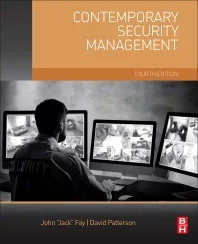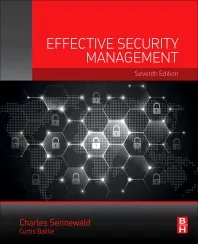Why Security Leaders Lose Their Jobs

In past articles I have discussed a wide range of topics dealing with competencies, professional skills and strategies for marketing yourself to find your perfect job. Now I would like to address an issue many of us have observed across our careers: the underlying cause(s) of why seemingly solid, intelligent professionals are sometimes asked by their employers to leave the organization.
There is no doubt that a change in management power structure, control or profitability of the organization can impact a number of security risk functions. Therefore, it is important to consider the points listed below as they are often used by a reorganization team when considering who to retain. All of the items listed are behavioral style issues and/or characteristics that, either individually or combined, often can be the cause of security managers not being retained by their organization.
1. Overlooking The Importance of People: No matter what someone does for the organization, they are an integral part of the overall team effort. Take the time to acknowledge this.
2. Inability to Function Effectively in A Work Group: It does not matter if you are the smartest person in the room; success is a team effort. Participate, cooperate and encourage.
3. Failure to Focus on Image and Communication: Having great ideas and solutions will not carry your success without focusing on how you are
perceived.
4. Insensitivity to the Reaction of Others: Dictators with large egos are rarely successful in team
environments.
5. Difficulty Working with Authority: Typically a security professional is given the responsibility of aiding policy governance and guidelines, so this behavior is especially unusual in the role.
6. Too Bored or Too Narrow Vision: Executives like engaged, creative people who are forward leaning to the future.
7. Indifference to Customer or Client Needs: This is critical to the sustainability of any security organization. Know and understand who you are there to support.
8. Working in Isolation: Social disconnection, disregarding the organizational culture and needs and lack of collaboration will result in not having leadership support for you or your programs.
9. Misconduct and Criminal Acts: While this may seem farfetched for those in the security profession, unfortunately it does occur. I am aware of at least a dozen circumstances whereby senior security professionals were caught up in misconduct and/or criminal acts ranging from policy violations to frauds and kickbacks. Needless to say, these are career enders.
Finally, you should be adept at recognizing and avoiding these behaviors in others. If you are interviewing for a new role either internally or externally and see these character traits, you may want to avoid joining that team.
Looking for a reprint of this article?
From high-res PDFs to custom plaques, order your copy today!







